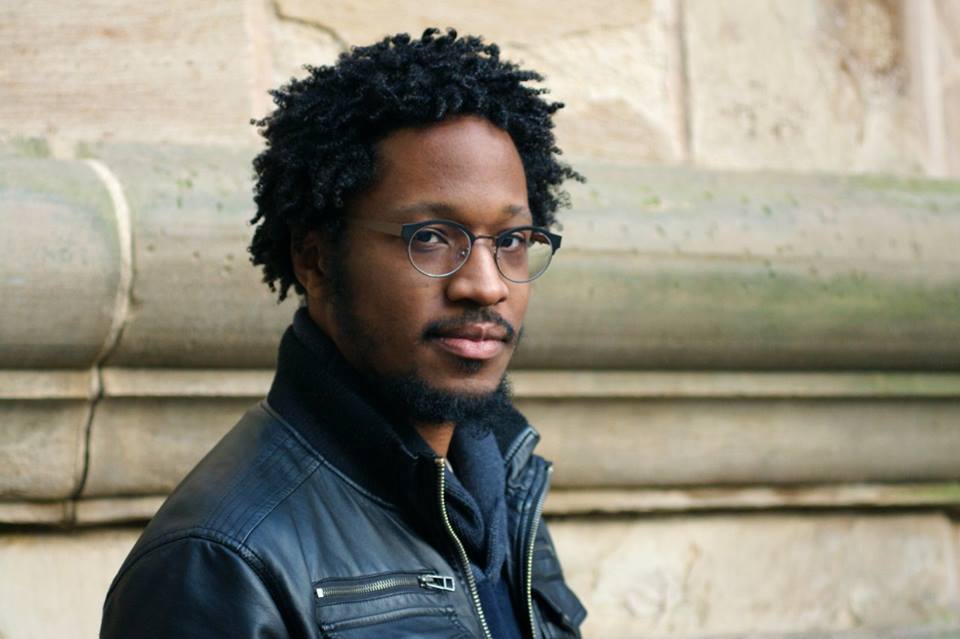Profiles in Recovery

Stephen J. Grant
At 19, life was just beginning for Grant. He was starting college, active at his university and “loving every minute of it.” But the anguish of his mother’s death sent him into a tailspin, losing years to heroin addiction.
“When she died, everything changed and by the time I was 20, I had dropped out of school and my entire world was completely upside down,” Grant recalls. “It all happened so fast.” Grant got clean at 22, “but by then I had wasted nearly three years in parking lots and dingy apartments.”
Today Grant is determined to make up for lost time. He’s immersed himself in the creative arts – a self-taught filmmaker, photographer, author and aspiring rapper/singer with an Extended Play (EP) record on the way and a new memoir, “The Hero in Me.” A Connecticut native, Grant recently moved to São Paulo, Brazil, where he has produced a documentary, “AFRO BRASIL” that highlights the black experience there.
PreviousNextDay Job:
Writer, artist, communications professional
How I beat heroin:
I did an intensive 5-day detox treatment, then I went to a 28-day rehab program at Alliance in New Britain, Connecticut.
They provided a nice counselor, but what I believe really helped was their incredible atmosphere. I played sports, watched movies, we had barbecues, all sorts of activities. There, I learned how to live again without using in a way that didn’t put all of the focus on how awful I had become. That was exactly what I needed.
It was a nice reminder that there is so much more to life. I even quit smoking cigarettes while I was there.
Advice to my younger self:
Don’t be afraid of your feelings! The death of my mom forced me to see life in a new light and that frightened and confused me. Instead of dealing with those thoughts, I decided to run away. I would tell my younger self to embrace those feelings and grow from them, and be honest with others.
On preventing relapse:
When I left rehab, I tried going to 12-step groups. But I hated hearing daily stories about people’s low points and the idea that I was powerless and had to consider myself an addict forever. I didn’t believe that was true.
For me, going to rehab and not using for over a month proved I had a lot of power and I believed there were other ways to channel that energy. So, I got active. I went back to school, became active again at my university and in my community. Eventually, I found a great job and better friends. I spent time in nature, started traveling, returned to my love of writing and creating. The biggest thing was changing my surroundings. I removed all of my using friends, which took time, but I had to learn to say no to them.
Best advice for newbies:
You have to trust yourself, be honest with your supporters, and decide what you want to get out of your recovery. All of the times I failed and returned to heroin, it was because I was doing it for all the wrong reasons, or I was trying to do it in a way that pleased other people.
You have to define what it means to be clean for yourself and work toward that goal. This is your life and your decision – own it.
What I value most in recovery:
I am super grateful for my family and friends. I try to make them proud all the time because they could have easily let go and let me wander into darker, scarier places. But they stood by me and that keeps me going.
Proudest moment:
Publishing my first book, The Hero in Me, loosely based on the heroin version of myself. I wanted to show the birth of an addiction and dig into the mental state one has at the beginning . . . I’m proud that I was able to re-read my journals and go back to that state without a desire to go back to using. It took a long time to get to this point but I like what I created.
Follow Grant: https://stephenjgrant.com
SHED THE STIGMA:
If you’re a person in long-term recovery who wants to share your
insights, please contact us at [email protected].